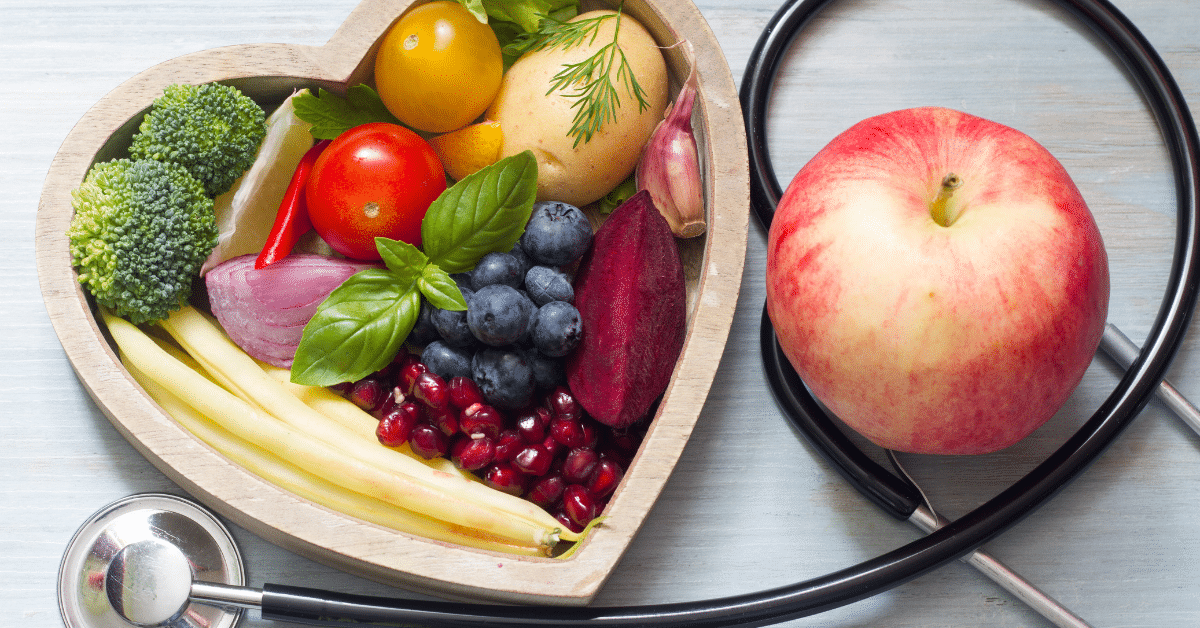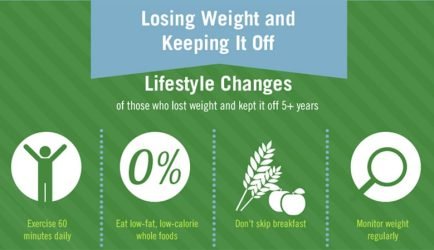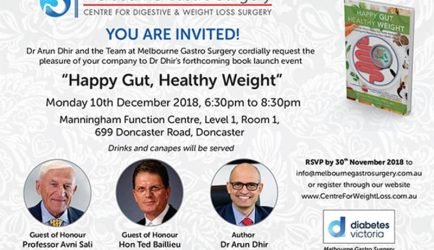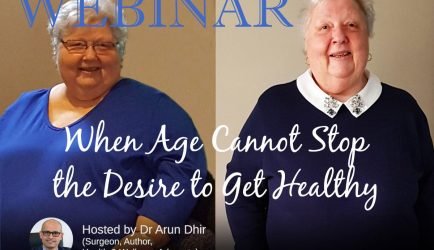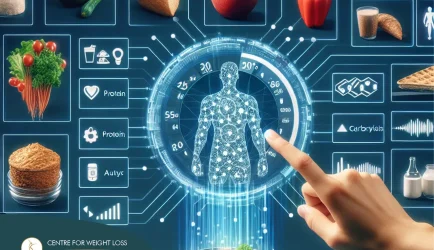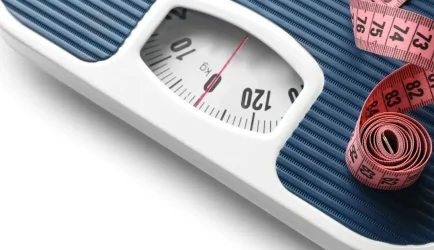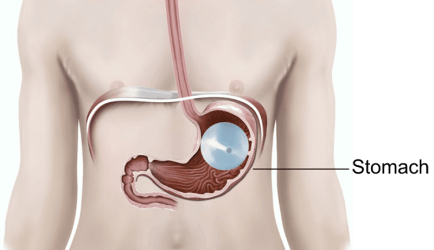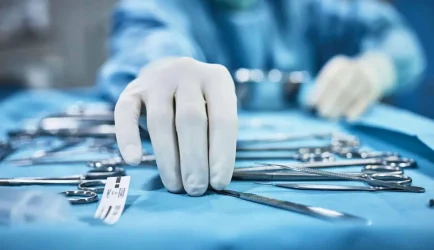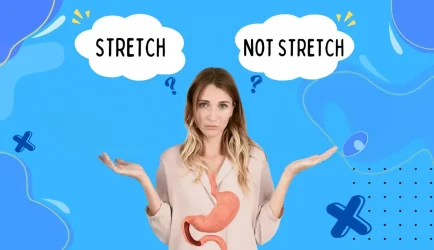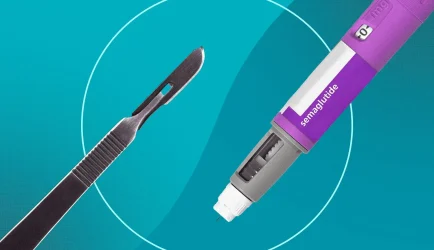National Diabetes Week
 When I first read this quote as a young surgeon, I was struck with disbelief.
When I first read this quote as a young surgeon, I was struck with disbelief.
There were two reasons for this:
Firstly, I am originally from India and I know enough about Ayurveda. But I had never read about the power of diet in this way. It seemed really powerful.
Secondly, I really saw the effect diet has on our ability to heal ourselves.
In this newsletter, I delve further into the role nutrition has in not only making us feel good, but in actually healing us of diseases.
I am talking about real diseases.
Diabetes.
Heart attacks.
And even cancers.
Yes! Diet can help us in our fight against cancers.
I take inspiration from one of the pioneers in lifestyle medicine – Dr Dean Ornish (www.ornish.com), who has done revolutionary in studying the effect of nutrition on disease outcomes. I acknowledge his work, some of which I have used in this newsletter.
Nutrition
Delicious & Nutritious Ingredients for Reversal

What you include in your diet is as important as what you exclude.
Dr Ornish’s approach to nutrition is all about feeling good and experiencing the joy of living, not a fear of dying. When you eat this way, you will lose weight and gain health. What’s sustainable is pleasure and feeling good, so relish in this delicious and nutritious way of eating!
Ornish Lifestyle Medicine has been scientifically proven to reverse the progression of even severe coronary heart disease, type 2 diabetes, hypercholesterolemia, and high blood pressure as well as to slow, stop, or even reverse the progression of early-stage prostate cancer in a series of randomized controlled trials published in leading peer-reviewed journals.

www.ornish.com/proven-program/nutrition
Genetic engineering with your plate
Changing lifestyle changes your genes—turning on protective genes and turning off genes that promote inflammation, oxidative stress, and oncogenes that promote prostate cancer, breast cancer, and colon cancer—over 500 genes in only 3 months.
In addition, these lifestyle changes lengthen telomeres, the ends of our chromosomes that regulate aging, thereby beginning to reverse aging at a cellular level.
Ornish Lifestyle Medicine™ Dietary Guidelines
Foods are neither good nor bad, but some are more healthful for you than others — predominantly fruits, vegetables, whole grains, legumes, soy products, nonfat dairy, and egg whites in their natural forms, as well as some good fats that contain omega 3 fatty acids.
These are the foods that are rich in good carbs, good fats, good proteins and other protective substances. There are at least 100,000 substances in these foods that have powerful anti-cancer, anti-heart disease and anti-aging properties. What you include is as important as what you exclude.
Here are my top 3 takes from Dr Ornish’s program to reverse disease

1. Eat Mostly Plants in Their Natural Form
Your calories are unrestricted unless you’re trying to lose weight. Small frequent meals spread throughout the day will help you to avoid hunger and keep your energy levels constant. Portion control will assist you in reaching and maintaining healthy body weight and controlling blood sugar levels. Non-fat dairy foods (no more than 2 servings/day) and egg whites are included. Note: Meat, poultry, fish and any products made from these foods are eliminated.
2. Limit Bad Carbs
Sugar is permitted in moderation, but not encouraged. Added sugars such as maple syrup, agave, honey, white or brown sugar, along with non-fat sweets, and refined carbohydrates are recommended to limit to more than 2 servings/day.
3. Eat 4 Grams a Day of Good Fat
No more than 10% of calories are from fat. This is achieved by not adding any fats, oils, avocados, coconut and olives to a mostly plant-based diet. The 10% of calories from fat comes from fat that occurs naturally in grains, vegetables, fruit, beans, legumes, soy foods — and small amounts of nuts & seeds.
Limit cholesterol to 10 milligrams or less per day. To meet this goal, non-fat dairy products are optional and limited to 2 servings per day. Non-fat dairy products are optional. Non-dairy alternatives are encouraged, such as soy milk, as they are cholesterol-free and rich in heart-healthy nutrients.
Nuts are allowed in small amounts. To maintain the low-fat goal of 10 % of calories from fat, servings sizes for nuts are limited since they are very concentrated in fat. Example servings of nuts are listed below. The type of fat in nuts is mostly unsaturated with some nuts such as walnuts providing a good source of heart-healthy omega 3s. Specific nuts (almonds, pistachios, walnuts, pecans, cashews, and peanuts) and seeds (especially flaxseeds, sunflower, and pumpkins seeds) that are rich in antioxidants and cardio-protective phytochemicals such as polyphenols were selected based on research for their cardiovascular health benefits.
Example: 1 low-fat food serving (≤ 3 gm fat) equals:
Three or fewer servings of low-fat foods or nuts can be included per day. Low-fat foods such as packaged foods like veggie burgers, low-fat whole-grain crackers or cereals that contain ≤ 3 gm fat per serving. These low-fat foods may contain a minimum amount of added mostly unsaturated fat such as olive or canola oil. Low-fat packaged foods are not encouraged but are optional on occasion for convenience, and to maintain an enjoyable sustainable lifestyle.
Helping You Discover, Empower & Prosper

Dr Arun Dhir | GI Surgeon, Health Reformist & Passionate Educator.
Let’s Connect!
Subscribe to my YouTube Channel for weekly video content
Follow me on Instagram, Facebook and Linked In
Receive my news stories direct to your inbox! Sign up here.
About Dr Arun:
Besides having a busy private practice at Melbourne Gastro Surgery – Centre for Weight Loss, Dr Arun is an active member of the ANZ Association of Gastro-Oesophageal surgeons (ANZGOSA), ANZ Society of Metabolic and Obesity Surgery (OSSANZ) and Australian College of Nutrition and Environmental Medicine (ACNEM).
Dr Arun is also a senior lecturer (University of Melbourne) and yoga and meditation teacher, with a strong interest in the mind-body-gut connection. He regularly writes and speaks about gut health, gut microbiome, obesity, gastrointestinal surgery and healing. Arun’s published works include Happy Gut Healthy Weight (Balboa Press 2018), Creating a New You – Health Journal (Metagenics 2019), and Your Mess Has a Message (2021).

